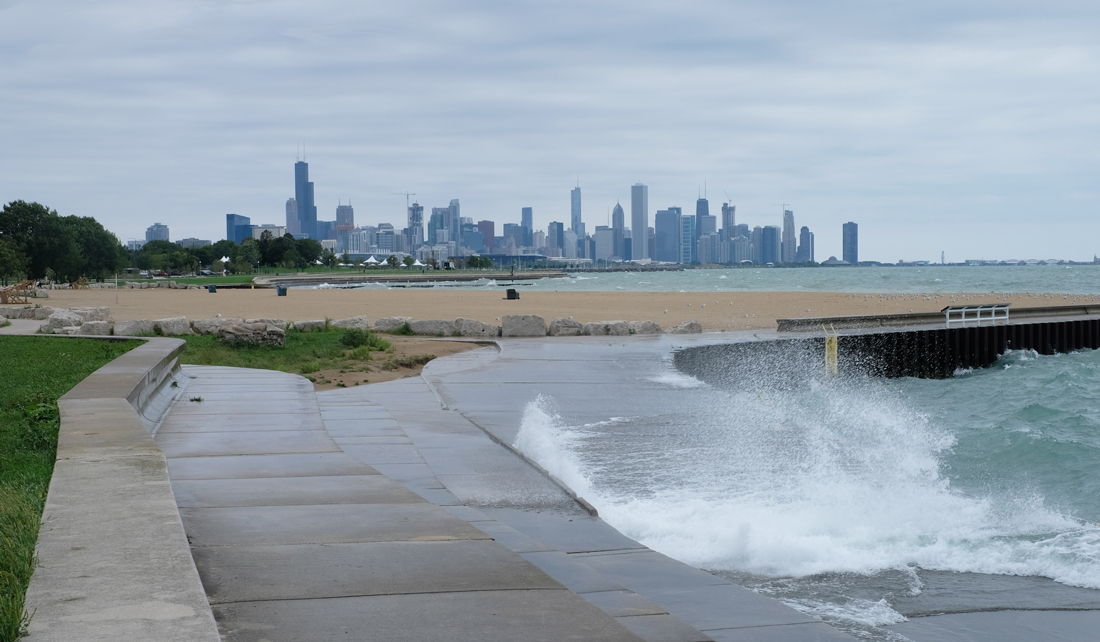
For the last annual reporting period, the Sea Grant program had another very good year. In 2018 alone, nationwide, the program helped to create or sustain more than 7,600 jobs and 1,600 businesses, protected or restored nearly 11,000 acres of habitats, reached 22,469 K-12 students through educational programs and had an overall economic impact of $624.6 million.
While the administration has proposed zeroing out Sea Grant for four consecutive years, the House and Senate has continued to support the program. In fact, throughout its more than half a century run the program has consistently enjoyed strong bipartisan support from members of Congress. With this support, we plan to continue providing strong science-based support for a healthy and vibrant Great Lakes economy and environment for years to come.
If you are so motivated, you may consider communicating with your Congressperson about the value of Sea Grant. If you would like more information about Illinois-Indiana Sea Grant’s success stories in the two states and the region, read our recent impacts booklet or 2-page summaries of our work.
The Great Lakes Sea Grant programs are focused on pressing regional concerns, and right now, we are keeping our eyes on high lake levels. According to NOAA, in February, the Lake Michigan water level broke a 32-year record by about 5.5 inches. For some perspective on the rate of increase, in January of 2020, the lake was 18 inches higher than in January of 2019. High lake levels, along with dangerous wave action, can cause beach erosion, flooding and water safety concerns.
To learn more about potential impacts, we have joined with Wisconsin Sea Grant and Michigan Sea Grant to fund a project to study physical, hydrodynamic and social issues related to coastal erosion along Lake Michigan shorelines. This multi-state effort will focus on a number of questions related to this timely issue. We are also investigating other ways that we can provide science-based information to residents and decision makers.
I hope you enjoy reading our new Illinois-Indiana Sea Grant quarterly e-newsletter. This issue highlights several research projects, including a look at the interaction of microplastics and PFAS in Great Lakes waters and a social science study about what motivates people to take action to protect water quality. Addressing another timely issue, as water rates around the country increase, we have helped develop resources to help communities address water affordability concerns. You can also learn about the American Citizen Planner program in Indiana that provides training for public officials and volunteers on processes of comprehensive planning.
Tomas Höök
Director, Illinois-Indiana Sea Grant
Illinois-Indiana Sea Grant is a part of University of Illinois Extension and Purdue Extension.

